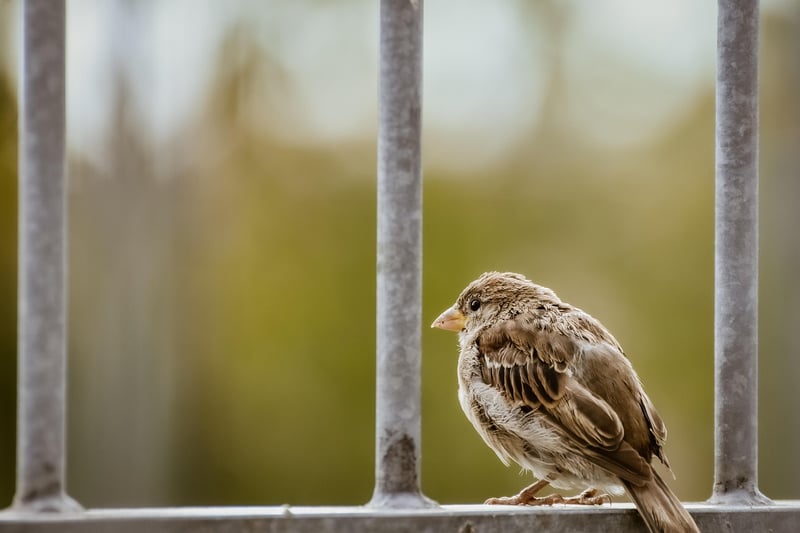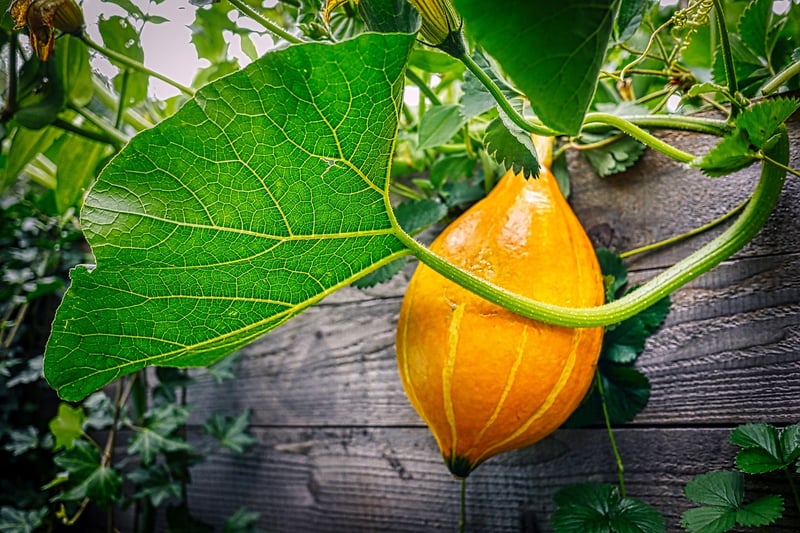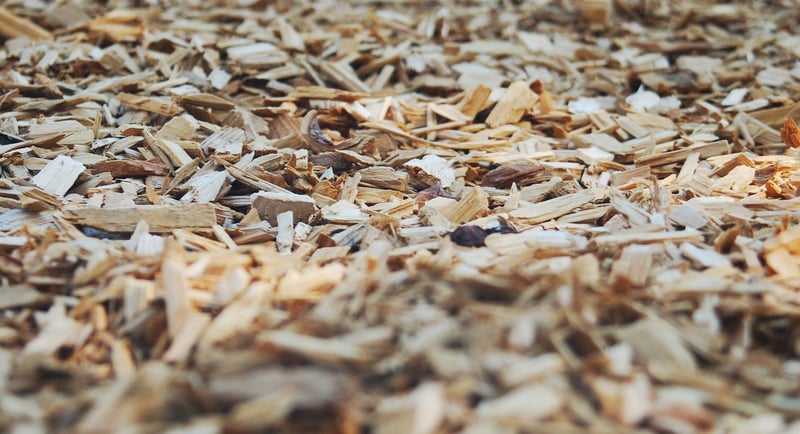Barriers
Protect Your Garden: Barriers to Keep Your Plants Safe
Having a beautiful garden is a joy, but it can also attract unwanted visitors like pests and animals. Protecting your garden with barriers is an effective way to keep your plants safe and thriving. Here are some barriers you can use to safeguard your garden:
1. Fencing
Fencing is one of the most common barriers used to protect gardens. It can help keep out larger animals like deer, rabbits, and dogs. Choose a sturdy fence that is tall enough to prevent animals from jumping over or digging under.

2. Netting
Netting is great for protecting plants from birds and smaller animals. It can be draped over plants or installed as a barrier around the garden. Make sure the netting is secure and doesn't harm the plants.

3. Raised Beds
Raised beds can act as a physical barrier to pests like slugs and snails. Elevating your plants can make it harder for ground-dwelling pests to reach them. Additionally, raised beds can improve drainage and soil quality.

4. Thorny Plants
Planting thorny bushes or flowers like roses or barberries around your garden can deter animals from entering. The prickly nature of these plants acts as a natural barrier that animals tend to avoid.

5. Mulch
Mulch not only helps retain moisture and suppress weeds but can also act as a barrier against pests. Certain types of mulch like cedar chips or pine needles can repel insects due to their strong scent.

Protecting your garden with these barriers can help ensure your plants stay healthy and thriving. Choose the barriers that best suit your garden's needs and enjoy a pest-free outdoor space!
Remember, a little prevention can go a long way in maintaining a beautiful garden!
